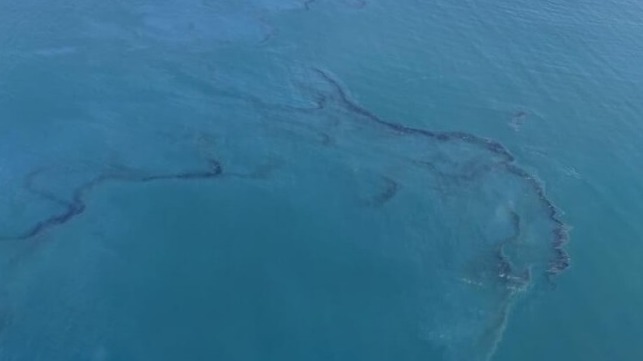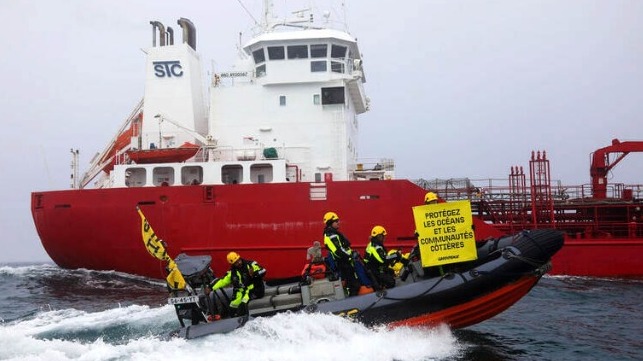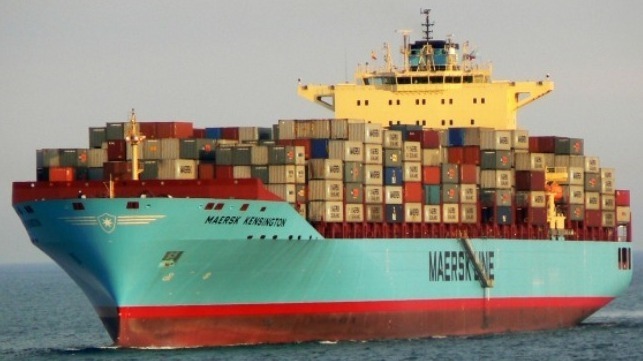Danish bridge simulator specialist Force Technology has launched SimFlex Cloud, a dedicated software-as-a-service (Saas) solution offering highly realistic navigation training.
SimFlex Cloud provides global onshore and onboard access to Force Technology’s SimFlex simulator and simulator engine and model library. SimFlex offers user-friendly access to next generation mixed reality simulation, using both Virtual Reality (VR) and Augmented Reality (AR) headsets to maximise realism and immersion.
Force Technology customers can configure training with SimFlex Cloud however best suits their organisational structure and training needs. The system optimises maritime cloud simulator training with qualified instructors from Force Technology or the customer’s own network in control of all learning aspects, communication, exercise creation and delivery, debriefing and evaluation for live participants located anywhere in the world.
SimFlex Cloud can also be used as a self-study tool, giving junior officers, experienced captains and senior officers the ability to practice their skills whenever and wherever they can, using a laptop or desktop PC and monitor set up, as well the optional VR or AR headsets for even greater realism.
For ship managers and shipping companies, SimFlex Cloud provides a means to reduce and optimise training budgets while increasing the quality of the technical training available to staff. Flexible and scalable licencing options ensure that customers only pay for exactly what they use, while providing the ability to reduce or increase investment based on current requirements. Further, the connected nature of SimFlex Cloud ensures that users will always have the most recent content and training methods available.
source : https://thedigitalship.com/news/electronics-navigation/item/7557-force-technology-unveils-cloud-based-navigation-training









